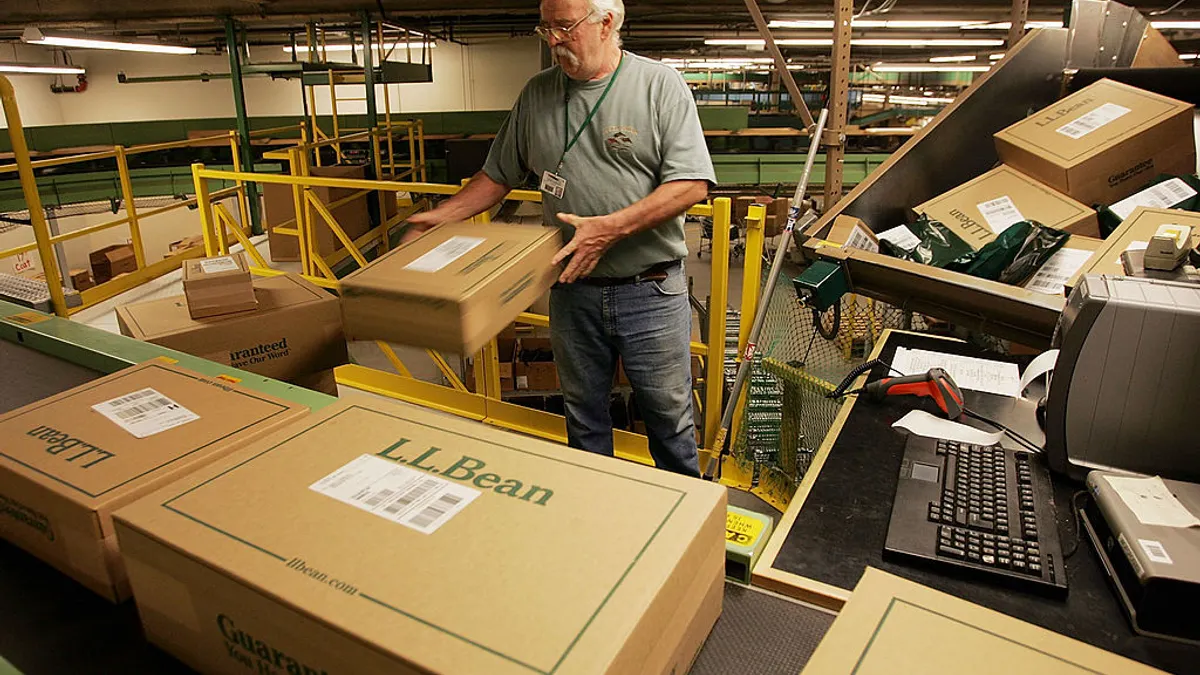Dive Brief:
- The House of Representatives passed a tax package last week that includes a stipulation to temporarily reinstate immediate tax breaks for manufacturing research and development expenses in an effort to increase innovation in the U.S.
- The Tax Relief for American Families and Workers Act of 2024 would allow manufacturers to fully expense R&D spending rather than amortize their expenses over the course of five years, as is currently mandated. The bill would allow for the change until 2026.
- The bill would increase the expense limit for R&D spending from $1 million to $1.29 million.
Dive Insight:
If the bill passes, it would reverse parts of a 2017 tax law that mandated businesses spread out their R&D deductions over the course of five years, beginning in 2022.
The amortization requirement has sparked concern among manufacturing groups like the National Association of Manufacturers, which has pushed lawmakers to pass the bill since Rep. Jason Smith introduced the legislation on Jan. 17.
The Aerospace Industries Association said in a Jan. 30 letter to lawmakers that the amortization of its members' expenses has taken a toll on their ability to invest in R&D, as well as the livelihood of their employees.
“Some small and medium-sized businesses have laid off up to 40% of their workforce due to the need to amortize expenses,” the letter stated. “With a significantly reduced cash flow, our investment in innovation is deteriorating, and we struggle to hire and retain qualified talent.”
Two days after the bill’s introduction, over 260 trade groups and businesses, including the National Association of Manufacturers, the Aerospace Industries Association, the Motor & Equipment Manufacturers Association and the Society of Chemical Manufacturers and Affiliates, sent a letter to Senate and House leaders explaining how the bill would help companies to stay competitive, especially small- and medium-sized businesses, to grow, as well as create jobs.
“All three of these tax policies have a long history of bipartisan support and are critical to strengthening America’s global competitiveness,” the letter stated. “They’ve enabled U.S. businesses to innovate, create good paying jobs, protect our national security, and remain at the cutting edge of the global economy. ”
The bill is with the Senate as of Feb. 1. A date to vote on the legislation has not been set yet.













